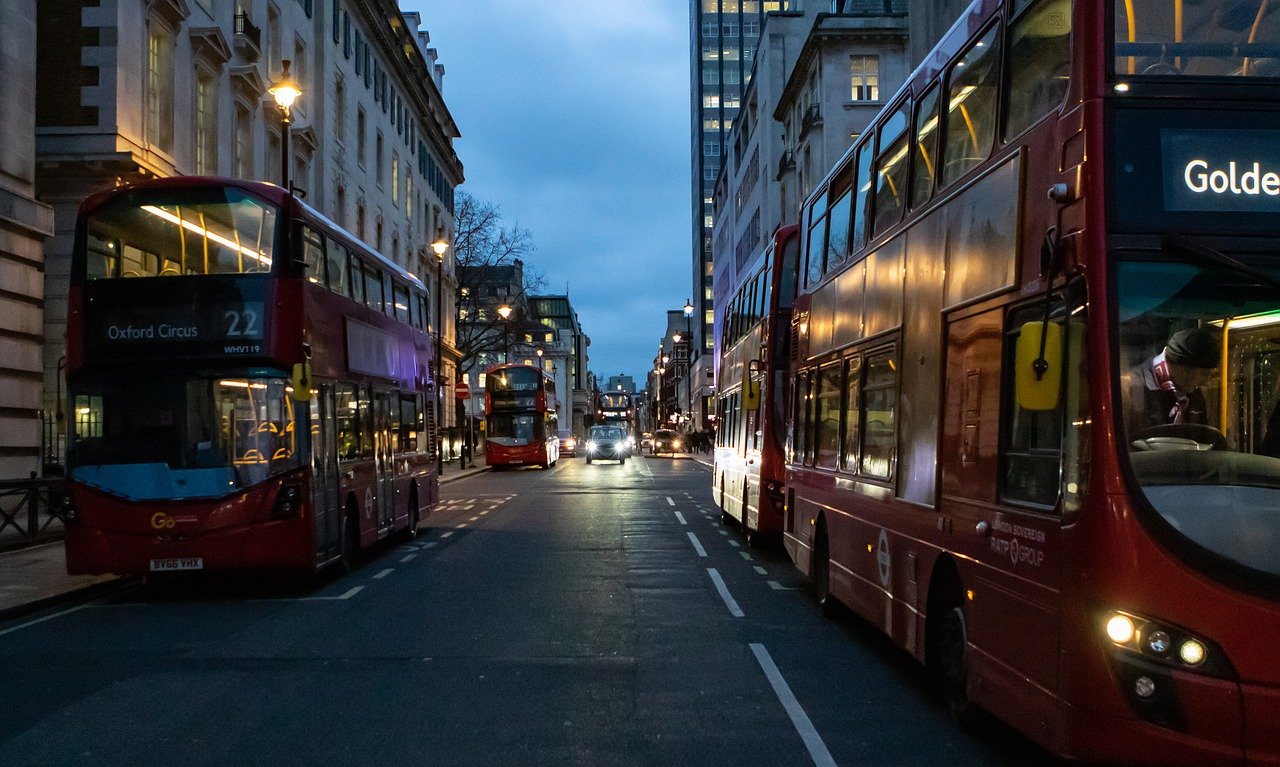Fare hikes, free travel passes suspended, and a Congestion Charge rise – these are the terms of a Transport for London (TfL) bailout agreed this week.
The London transport authority had warned it was almost out of cash before the eleventh hour deal with Government.
Passenger numbers have crashed during the coronavirus outbreak, as Londoners have stayed home during the nationwide lockdown – hitting the network’s finances hard.
Ministers will now give TfL £1.6 billion to keep services running until October.
But the deal comes with strict conditions – from January, Tube and bus fares will rise one per cent above the rate of inflation, ending the Mayor’s four year fare freeze.
Children will be temporarily stripped of free travel perks, and pensioners will be banned from travelling for free at rush hour – but disabled people will keep their free travel rights.
And the Ultra Low Emission Zone and Congestion Charge – suspended during the pandemic – will return from Monday.
The C-Charge will rise from £11.50 to £15 on June 22, applying at weekends as well as weekdays, and ending at 10pm rather than 6pm.
TfL will also take on more than £500 million of extra debt – making it harder to borrow money at good rates for new transport projects in London in future.
And ministers will have more oversight of transport in the capital – Government officials will sit in on TfL board meetings, and the network will send regular financial reports to the Department for Transport.
Sadiq Khan said this was “the only deal the Government put on the table” and he had “no choice but to accept it” given the strain on TfL.
“The Government is, in effect, making ordinary Londoners pay the cost for doing the right thing on Covid-19,” he said.
The Mayor warned that this deal is a “sticking plaster” and London won’t be able to fund transport through fares alone under Covid-19 restrictions.
This will mean a permanent Government grant, or more local control of taxes in the city will be needed, Mr Khan said.
London is the only major city in Western Europe not to get a funding grant from Government.
The £700 million central funding package was scrapped under a deal negotiated by Boris Johnson during his time as Mayor.
TfL warned earlier this week that if the Government did not bail it out, it would be forced to issue a Section 114 notice – the equivalent of a public service going bust.
The transport authority has lost 90% of fare revenue during the Covid-19 outbreak, as most Londoners stay home during lockdown.
Tube ridership is down 95% while bus use has fallen 85% – bus travel is now free, as front door entry has been scrapped to keep passengers away from drivers.
TfL boss Mike Brown said he welcomed the Government’s intervention – but warned of further problems ahead.
“Enormous challenges remain, including agreeing longer term sustainable funding for transport in the capital,” he said.
“In the meantime, we will continue to do everything in our power to help deliver a successful recovery for our great city.”
Liberal Democrat mayoral candidate Siobhan Benita said the deal is “essential” but had come with “expensive conditions”.
“TfL’s finances were in a mess before this pandemic and that seems to have weakened the Mayor’s hand in negotiations with the Government,” she said.
“But ultimately, it is hardworking Londoners who are going to foot the bill – with forced increases in fares, concessions scrapped and major improvement projects under threat.”
For the latest headlines from the City of London and beyond, follow City Matters on Twitter, Instagram and LinkedIn.








